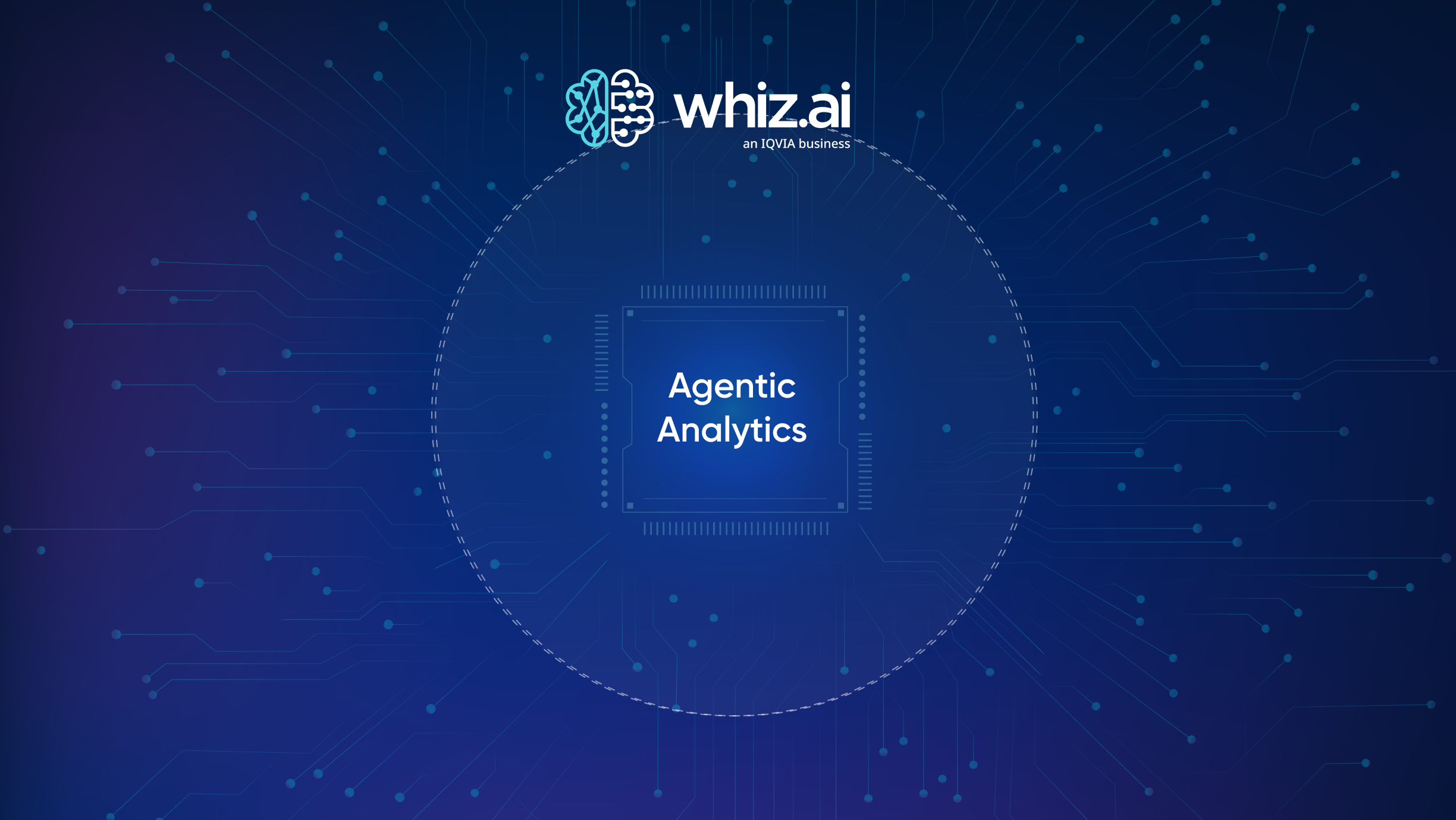Use Cases for AI-Driven Analytics in the Life Sciences Marketing Function
.avif)

Data analysis is critical to marketing effectiveness. Without data, marketers have no indication that they’re reaching their target audiences and that their efforts result in higher sales. Furthermore, without data analysis, there is no practical way for life sciences companies to segment customer lists and target marketing based on physicians’ prescribing behaviors. However, life sciences companies face the challenge of making data-based insights available to marketers. The go-to platform is artificial intelligence (AI)-driven analytics platform, particularly one developed for the domain.
The Paradigm Shift with AI-Driven Analytics
AI brings new capabilities to analytics platforms that make insights more accessible to marketing team members, even those without data science or IT expertise. “Augmented analytics” platforms leverage various forms of AI, such as machine learning, deep learning, natural language processing (NLP), and large language models (LLMs), to create user-friendly experiences. Marketers can ask questions in natural language—no need to learn keywords or a procedure for querying the platform. AI allows it to understand and provide an answer with visualizations that will enable marketers to see the information they need quickly.
The Benefits of AI-Driven Analytics
When marketers have data-driven analytics at their fingertips, they have the insights necessary to improve performance. For example, augmented analytics platforms can help marketing teams:
Decrease customer churn:
Augmented analytics platforms can quickly identify customers at risk of churn and provide insights that can help mitigate it. An AI-driven analytics platform can also quickly analyze data, even at the physician level, to hyper-personalize messaging.
Calculate and maximize customer lifetime value (CLV):
AI-driven analytics can automatically predict CLV based on a customer’s history, customer satisfaction metrics, feedback, and the business’ retention rates. Insights from these analyses will help marketing teams develop strategies to increase CLV.
Effectively target marketing:
Every life sciences company has customers that fit different profiles. An augmented analytics platform can use real-time and historical data to create customer segments and personas, allowing marketing teams to target campaigns for greater efficiency and effectiveness.
Plan campaigns intelligently:
An augmented analytics platform can recommend healthcare provider lists for campaigns, the messaging for the best outcomes, and even the best channel to reach prospects.
Identify key opinion leaders (KOLs):
AI-driven analytics can determine KOLs in various therapeutic areas based on their publications, presentations, subscriptions, and other activities. Marketers can use this list to forge relationships with these influencers that can help expand their reach.
Optimize the marketing mix:
Marketing teams need data to ensure they’re allocating budget to the types of campaigns and channels that will result in the best outcomes. AI can analyze data to create the optimal scenario and accurately estimate costs and ROI.
Perform accurate market research and analysis:
Domain-specific AI analytics platforms can analyze consumer behaviors, product performance, and market trends. These insights are valuable for competitor analyses, which help identify opportunities and threats, and identify trends in product performance, quickly notifying the team if they need to course-correct to maximize performance. The AI platform can also streamline the results of consumer surveys and product feedback and track trends in consumer activities.
Manage marketing performance in real-time:
With an augmented analytics platform, marketers can monitor marketing key performance indicators (KPIs), such as customer acquisition costs, lead conversion rate, website traffic, and market share, based on the most recent data available.
Role-based access:
Another advantage of augmented analytics platforms is that users can tailor insights and the trends they monitor to their role. Marketing managers can receive insights and recommendations on new product categories, prospects’ content and channel preferences, and social media analysis. On the other hand, members of their teams can configure their dashboards for insights into their focus area or their next task.
The Advantage of a Well-Informed Marketing Team
The entire organization benefits when a life science marketing team does its job well. Marketing paves the way for successful brand performance with effective campaigns and optimal messaging for the target market. The team also works hand-in-hand with sales to enhance customer relationships. The marketing team is also integral to conducting research and determining the viability of products for the company’s market.
However, the marketing team must analyze data and access insights on demand to maximize its value to the organization. Augmented analytics platforms make it possible.
Download the white paper from the Everest Group, “Transforming the Life Sciences Commercial Function with AI and Augmented Analytics,” to learn more about AI-driven analytics and how it helps marketers optimize their performance.


Subscribe to our blog








.png)






.avif)



.png)